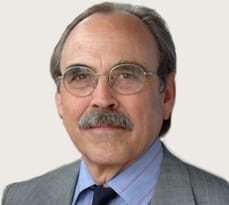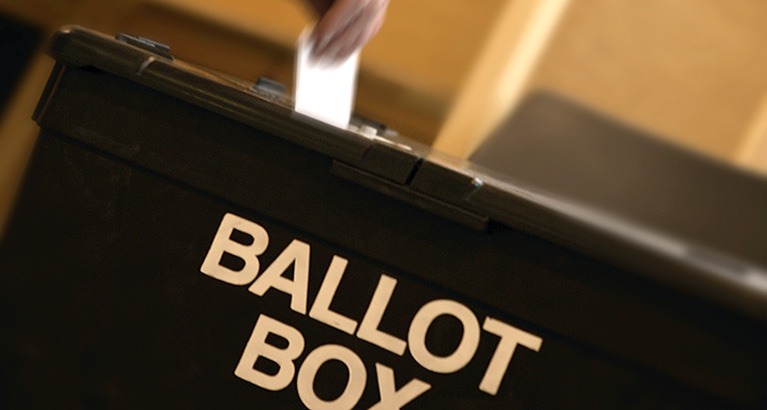I do not believe that economics went wrong because of using mathematical models. It’s more complicated than that. The first question is whether it is possible to understand complex processes without to some extent constructing models. Any attempt to examine the dynamic relationships and interdependencies within a complex system is going to require simplified models that isolate some elements from the whole, so that they can be examined with rigour.
In fact, the problem with economics is that the maths has been too simple. The mathematics adopted by economists from statistical mathematics in the late 19th century required radical simplification: the construction of homo economicus, the ‘rational’ maximising agent in an economics abstracted from the other social sciences and from society and culture. Now economics is the most data-rich of the social sciences, because it’s largely about transactions. So it lends itself to quantification and statistical analysis. In turn, any such analysis requires deployment of an underlying model.
The more realistic the assumptions about human behaviour and the social context – about the dynamics of people interacting with each other – the more challenging the maths has to become. So to have realistic models requires more maths, not less maths. When the model becomes sufficiently realistic, economists have learned to rely on numerical simulations because it is simply not possible to solve the model analytically. And, increasingly, agent-based simulations of the evolution of complex systems are being accepted as valid ways to explore the modes of behaviour of systems too complicated – too realistic – to analyse exhaustively in closed-form models. These developments are positive.
Whether those models are simulations or analytical models, they need to be informed by reading of history and through evaluation using other social sciences: anthropology, sociology, even moral philosophy. But simply standing back and telling stories is what ideologues do when they want to justify policy.
I agree with Michael Kitson that much of finance theory and almost all of macroeconomics became divorced from reality prior to 2008. What led so many observers and particularly regulators and authorities to fail to anticipate even the possibility of a global financial crisis was a reliance on radically simple DSGE [Dynamic Stochastic General Equilibrium] models. They are derived from the behaviour of a single rational, optimising agent, whose behaviour is generalised. To keep the models simple there’s only one agent. That means there are no debts or assets in the model. There’s no cashflows in the model. Consequently the notion that anything that happens in the financial system could have any impact on behaviour in the real economy was defined out of existence.
Yet over more than a dozen years, following the dotcom/telecom bubble and collapse and especially since the global financial crisis of 2008, there has been a broad surge to bring more realistic assumptions into microeconomics and finance, and this work is spilling over into macroeconomics.
Work that is going on now to bring finance back into macroeconomic economics is building on more dynamic, intelligent models. The maths is challenging, because the idea of the ‘rational representative agent’ has been supplanted by exploration of the behaviour of heterogeneous agents who are challenged to make decisions with uncertain outcomes and who both lack complete information and know everyone else does as well. Some of this work is informed by Behavioural Economics (Prospect Theory) and generally it has pushed game theory very far forward. And again: the more realistic the assumptions, the harder the maths.
I certainly do not agree that there is no imagination in modern economics. Hyun Shin is an example of a mathematically powerful financial economist who has rigorously and accessibly brought imaginative constructs to bear on critically important problems. His excellent book ‘Risk and Liquidity’ uses the metaphor of the Millennium Bridge fiasco to explain the reflexive, potentially destructive interaction of investors and intermediaries in the capital markets.
Previously, his work with Stephen Morris, also of Princeton, on ‘Global Games’ has had a profound impact – a recent extension of this work is seen in the paper “Risk-taking channel of monetary policy: a global game approach”. More recently he has identified new sources of economic risk in the capital markets and identified techniques for evaluating them.
There you see the outline of the sort of mathematical models needed in order to understand the very complicated interaction between the financial system and the flows of cash through the production economy and the consumption economy, where people work and earn income and spend money.
Featured academic
Dr William H Janeway is a Senior Research Associate at Cambridge Judge’s Centre for Financial Analysis and Policy (CFAP) and is on the Management Board of the Cambridge Endowment for Research in Finance (CERF). He is also a managing director at private equity investment firm Warburg Pincus.
Read an interview with Bill Janeway on The New York Times website
Watch Dr Janeway explain why bubbles have had a bad press on YouTube
Read Janeway’s article “Growth out of time” on the Project Syndicate website





